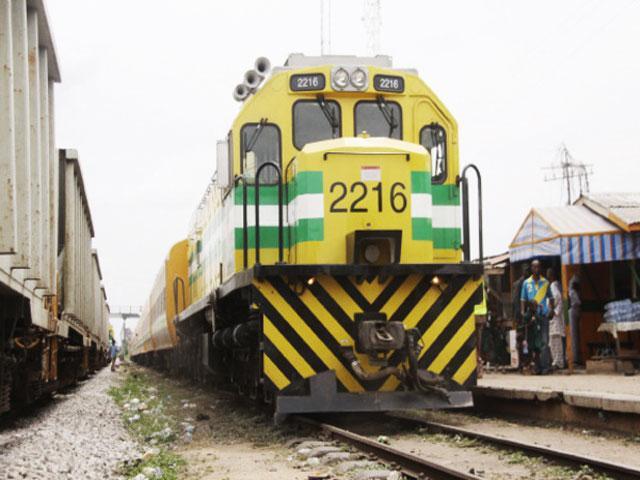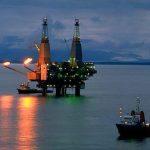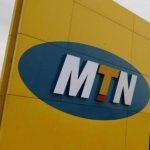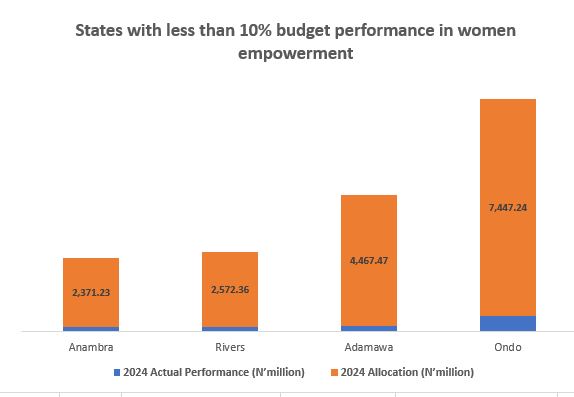A renegotiation of the $8.3bn Lagos-Kano standard gauge rail modernisation project will top the agenda, as President Muhammadu Buhari meets with Chinese leader Xi Jinping in South Africa, where both men will participate in the Forum on China/Africa Cooperation (FOCAC) taking place in Johannesburg, December 4-5.
The rail project will connect Lagos, Kano, Kaduna, Warri, Bauchi, Abuja, and Port Harcourt and much of it will be financed with a loan from the Export Import Bank of China.
The project is expected to create jobs, as well as remove heavy freight from Nigeria’s stressed roads and reduce the cost to market and cost in market of farm produce and manufactured goods across the country, lowering the cost of living and raising living standards.
It is further expected to to reduce population explosion in the big cities by enabling much of the workforce to live in the surburbs and commute in and out of the cities by rail.
A statement by Garba Shehu, the Senior Special Adviser to the President on Media and Publicity, said while at the South Africa forum, President Buhari is scheduled to follow up on his meeting with the Chinese leader Xi Jinping, which took place on the sidelines of the United Nations General Assembly meeting in November in New York.
President Buhari had indicated to Xi Jinping at the New York meeting, that he wanted China to re-commence stalled rail projects under new terms that would see China providing nearly all the financing required.
The statement added:”Of particular interest is the coastal railway project stretching for 1,402 kilometers linking Lagos in the West with Calabar in the East; a project that is expected to be financed with a $12 billion Chinese loan and which will create about 200,000 jobs”.
“One of the major costs we incur is transportation,” said Frank Udemba Jacobs, president, Manufacturers Association of Nigeria (MAN) in a telephone interview last night.
“Rail is usually cheaper than other modes of transportation and I believe this will reduce costs,” Jacobs said.
He further said Nigeria can never get enough of other modes of transport, adding that it is also critical to develop the waterways as this would widen the reach of producers.
In a recent economic blueprint sent to Buhari, Jacobs had said that in view of the centrality of the rail system to the growth of internal trade and industrial competitiveness, manufacturers recommend that the rail modernisation should be accelerated.
Muda Yusuf, director-general, Lagos Chamber of Commerce and Industry (LCCI), told BusinessDay last night that this, if successfully renegotiated and completed, would solve one critical problem of the real sector, which is logistics.
“One of the biggest problems the economy is facing is logistics and a key factor is transportation. This is affecting virtually all the sectors, from agriculture to industry and trade. If we are able to develop the rail system, there will be enhanced productivity and reduction in the cost of doing business,” Yusuf said.
He added that the rail system would integrate the domestic economy, thereby giving investors hope that Nigeria is serious about diversification.
Other analysts who spoke with BusinessDay said this would reduce cost of production and help Nigerian exporters compete favourably in the global market.
President Buhari is also expected to discuss ways of removing all obstacles in the way of the 3,050 MW Mambila Power Station, considered a strategic project which was conceived in 1982 but has not taken off.
The Chinese President had informed President Buhari of the willingness of his country to finance the whole project through a special loan agreement.
Buhari, who will be accompanied by the Minister of Foreign Affairs, Geoffrey Onyema; Minister of Transportation, Chubuike Amaechi; and the Minister of Industry, Trade and Investment, Okechukwu Enelamah, will return to Abuja on Saturday, December 5.











